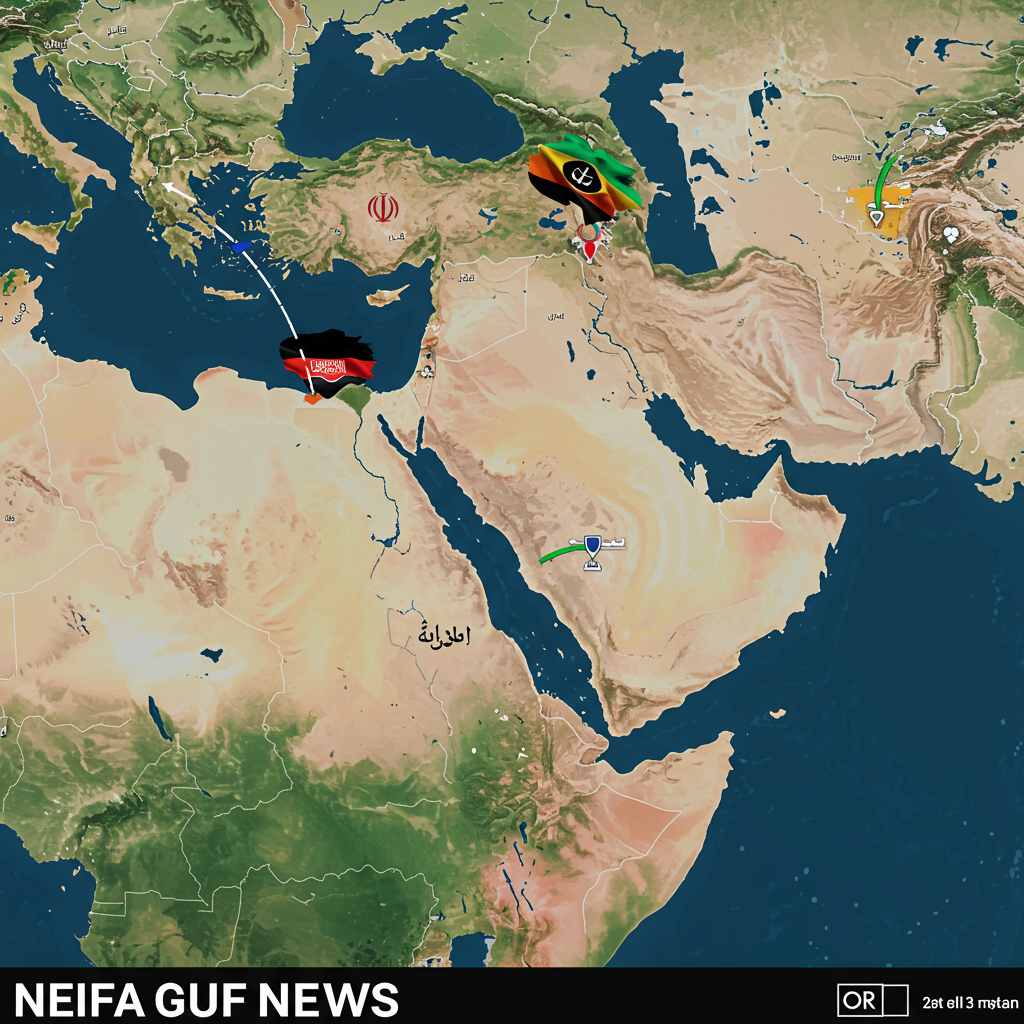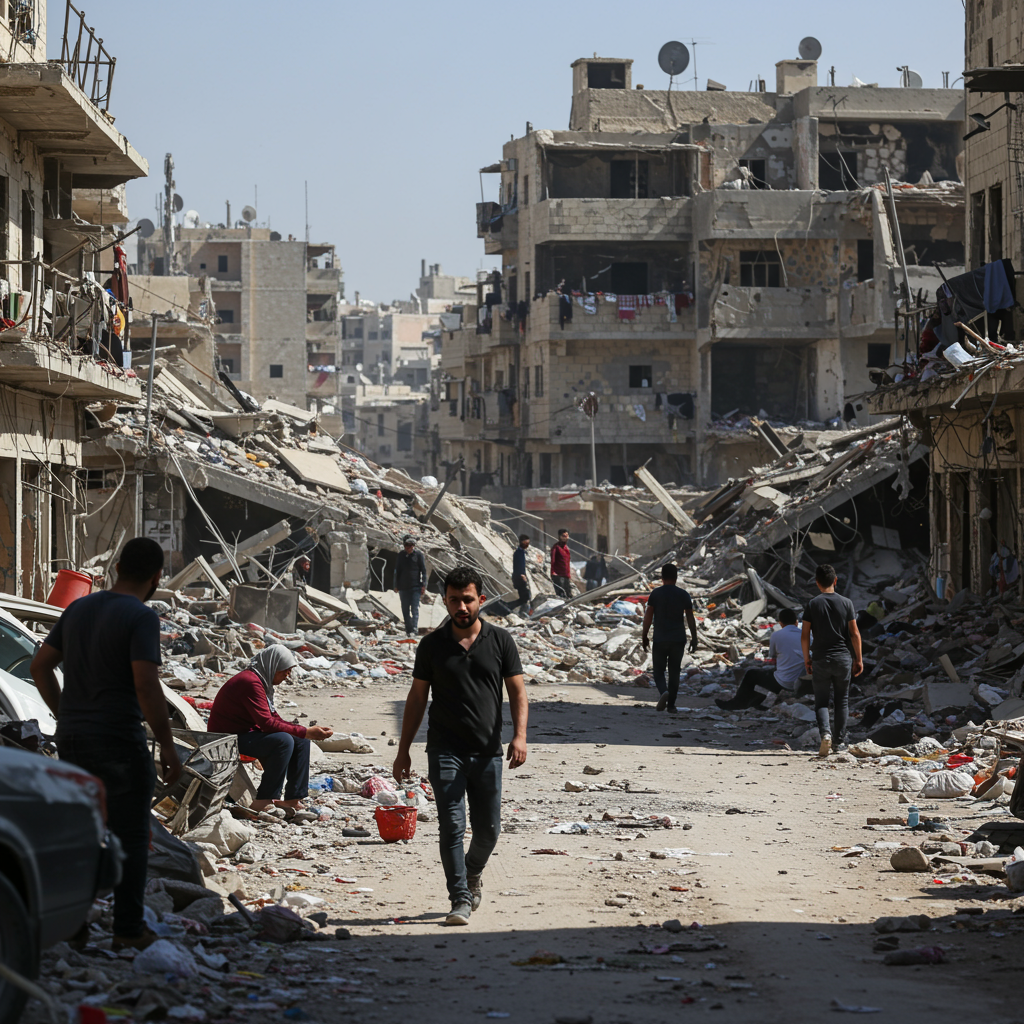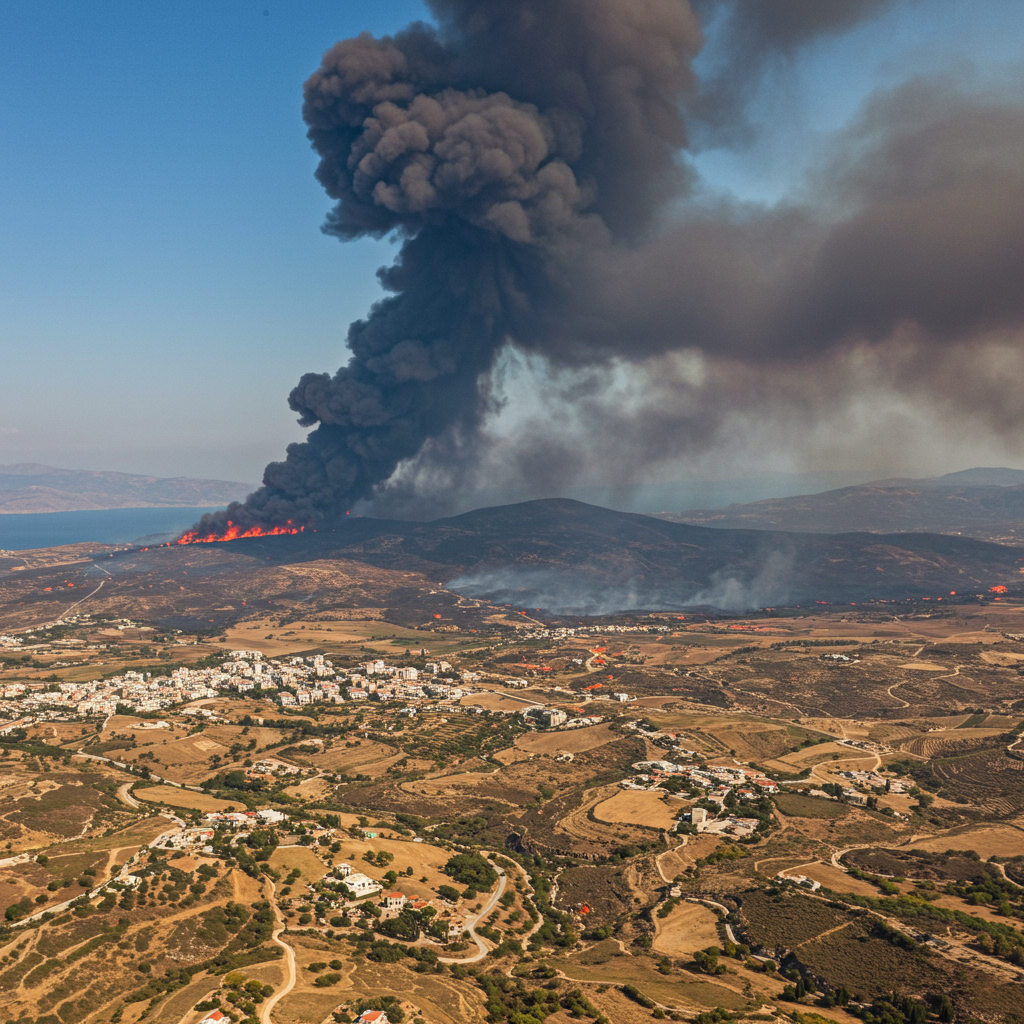For decades, the Gulf Cooperation Council (GCC) monarchies have viewed the Islamic Republic of Iran as a primary threat to their security and stability. Iran’s conventional military power, its pursuit of nuclear capabilities, and its extensive network of regional proxies pose significant challenges, sometimes even threatening their very existence.
However, following recent Israeli military actions against targets in Iran – such as “Operation Rising Lion” on June 13, 2025, reportedly striking key nuclear and military sites deep within Iranian territory – many Arab Gulf capitals issued condemnations. This public stance often fueled analyses portraying the strikes as detrimental to Gulf interests, destabilizing the region, hindering diplomatic efforts, and increasing the risk of Iranian retaliation that could harm Gulf security.
The Forces Shaping Public Discourse
Several factors influence this public narrative. Firstly, official government condemnations are often interpreted as the definitive expression of Gulf policy, creating a seeming disconnect with underlying strategic priorities.
Secondly, countries like Saudi Arabia and the UAE have engaged in dialogue with Iran. This pragmatic shift follows years of a more confrontational approach and direct targeting by Iranian-backed groups, including the devastating 2019 attack on Saudi Arabia’s Aramco facilities. The recent outreach, facilitated partly by actors like China which brokered the Saudi-Iran normalization in 2023, provided a much-needed period of quiet crucial for economic diversification plans like Saudi Vision 2030 and hosting major events such as the UAE’s Expo and Qatar’s World Cup. While productive, this period of calm is widely seen as fragile and deceptive, as the fundamental Iranian threat persists.
Thirdly, public sentiment in the Arab world towards Israel remains deeply affected by events like those in Gaza. The intense emotional impact and the low standing of the current Israeli government understandably shape opinions on any action taken by Israel.
Behind the Condemnations: Shared Strategic Interests
Yet, a more complex strategic reality exists beneath the surface of public statements. Israeli strikes that degrade Iran’s military capabilities and challenge the extremist regime in Tehran align with a core strategic objective shared by all six GCC states: diminishing Iran’s regional dominance. This convergence of interest spans states from Qatar, which maintains ties with Iran, to Saudi Arabia, currently navigating a rapprochement, and even traditionally neutral Oman.
Consider the reported elimination of senior Iranian commanders responsible for past attacks. Such actions effectively deliver a form of justice for victims like Saudi Arabia, likely prompting quiet satisfaction in Riyadh despite public positions.
The diplomatic tracks opened with Iran were born not from trust but from strategic necessity – a pragmatic approach to achieve temporary stability. This stability was vital for Gulf states to focus inward on ambitious domestic agendas aimed at economic transformation and asserting influence through economic diplomacy. However, this engagement exists alongside a continued awareness that the underlying Iranian threat remains unchanged. In this context, public condemnations can be seen as a tactical maneuver to deflect potential Iranian retaliation rather than a genuine desire to protect Iran’s regional standing.
A Shifting Regional Landscape
The recent Israeli strike, framed by Israel as a preemptive measure against accelerated efforts to weaponize enriched uranium and codenamed “Operation Rising Lion,” highlights a global trend towards “hard deterrence” and unilateral action in a fragmented international system. It suggests states may increasingly prioritize force over diplomacy when faced with perceived existential threats, sometimes bypassing international institutions like the UN Security Council. Israel’s motivations reportedly included reclaiming strategic initiative, reinforcing its deterrence credibility, and unifying a politically divided nation. While the US publicly calls for de-escalation, its long-standing intelligence cooperation and recent military deployments in the Gulf might signal a tacit understanding or even quiet consent, characteristic of the historical US-Israel security dynamic involving plausible deniability.
For Gulf states, this scenario presents a significant strategic dilemma. They must navigate between hedging against potential conflict and potentially aligning with a credible coalition against Iran. With the real possibility of broader US involvement, as hinted by high-level US engagement with Gulf leaders on regional security, there’s a rare opportunity for GCC states to help reshape the regional order in their long-term favor. This also comes as the failure of external interventions and international institutions to resolve persistent crises, like the “new wars of attrition” seen across the Middle East, underscores the need for regional actors to take collective accountability for their security challenges.
Coordinated action could significantly impact Iran’s military infrastructure and potentially set back its regional ambitions by decades, promising a safer Middle East. However, Gulf states are acutely aware of their vulnerability to Iranian asymmetric retaliation, which could target critical energy infrastructure or US military bases located within their territories, as demonstrated by past incidents like the 2019 Aramco attacks.
Gulf states’ reactions to the strike have varied slightly, reflecting differing strategic priorities. While Oman, as a diplomatic hub, was among the first to express concern, Saudi Arabia issued a robust condemnation asserting its regional leadership. The UAE and Bahrain, signatories to the Abraham Accords, also condemned the strike, albeit often coupling their strong language with calls for restraint from all parties involved. Some states, like Bahrain and Kuwait, specifically reiterated calls for resuming nuclear negotiations with Iran, highlighting the ongoing tension between confronting Iran and seeking diplomatic off-ramps.
Ultimately, despite public posturing driven by domestic sentiment and tactical considerations, the strategic convergence between many Gulf states and Israel regarding the imperative to counter Iran’s influence appears to be a significant, underlying reality shaping the complex dynamics of the Middle East. As regional powers increasingly recognize the limitations of external intervention and the need for collective regional security initiatives, their stance towards actions that weaken their primary adversary, Iran, reflects a deep-seated strategic interest that often outweighs immediate public pronouncements.




